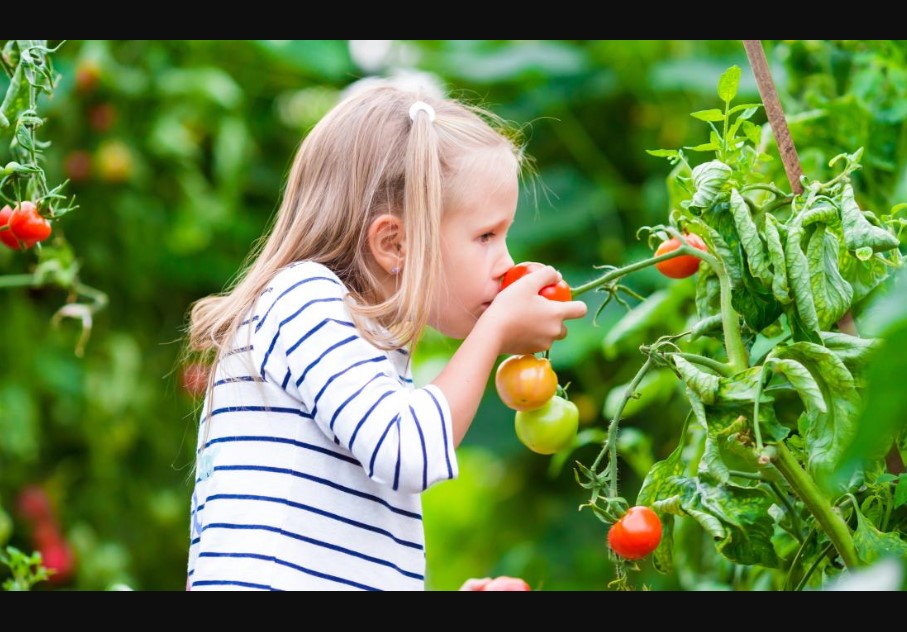In the contemporary landscape of convenience, where supermarkets brim with produce sourced globally year-round, cultivating a personal vegetable garden might appear quaint or redundant to some. Yet, beneath this veneer of convenience lies a profound connection to the earth, the rhythms of the seasons, and the sustenance that nourishes both body and soul. The vegetable garden, once a cornerstone of every homestead, holds within its soil a multitude of benefits – from promoting health and well-being to fostering environmental stewardship and strengthening community bonds.
Origins of Gardening
Cultivating vegetables traces back thousands of years, with early human civilizations recognizing the intrinsic value of growing their sustenance. From the fertile banks of the Nile to the terraced hillsides of ancient Asia, agriculture has been fundamental to human progress. Over time, gardening evolved from a means of survival to a refined art form, with techniques honed and passed down through generations.
The Modern Vegetable Garden
Today, vegetable gardening encompasses diverse practices, from traditional plots in rural settings to urban gardens nestled amidst towering skyscrapers. Regardless of scale or location, the core principles remain constant: providing optimal conditions for plant growth. This entails ensuring adequate sunlight, nutrient-rich soil, and sufficient water.
Benefits of Vegetable Gardening
Nutritional Abundance:
Cultivating vegetables at home ensures access to fresh, nutrient-dense produce without harmful pesticides and additives. From succulent tomatoes teeming with antioxidants to verdant greens brimming with vitamins, the yield of a vegetable garden can significantly augment one’s dietary intake.
Physical Well-being:
Gardening offers myriad physical health benefits, from increased mobility to enhanced manual agility and coordination. Research indicates that regular gardening can mitigate the risk of obesity, cardiovascular ailments, and other chronic conditions.
Mental Wellness:
Working the soil, observing seeds germinate, and witnessing the marvel of growth has an inherent therapeutic quality. Gardening correlates with reduced stress levels, uplifted mood, and heightened cognitive function. It serves as a respite from the frenetic pace of modern life, allowing individuals to reconnect with nature and find solace in its rhythms.
Environmental Responsibility:
Individuals can diminish their carbon footprint by minimizing the transportation and packaging associated with store-bought produce by cultivating food at home. Moreover, adopting organic gardening practices promotes soil vitality, biodiversity, and the conservation of natural resources.
Community Involvement:
Vegetable gardens possess a unique ability to forge connections among people, whether through communal plots in shared gardens or the exchange of surplus produce within neighborhoods. By fostering a sense of communal belonging, gardens evolve into not only sources of sustenance but also hubs of social interaction and mutual support.
Getting Started: Strategies for Success
Optimal Site Selection:
Choose a location with ample sunlight (minimum 6-8 hours per day) and well-drained soil. Consider factors such as proximity to water sources and protection from harsh winds.
Soil Preparation:
Invest effort in preparing the soil before planting. This may entail assessing pH levels, enriching the soil with organic matter like compost or aged manure, and loosening compacted soil to enhance aeration and drainage.
Crop Selection:
Select vegetable varieties suited to your climate and growing conditions. When designing your garden layout, account for factors such as temperature fluctuations, humidity levels, and frost occurrences.
Companion Planting:
Leverage the benefits of companion planting to optimize space utilization, deter pests, and facilitate pollination. Strategically pairing compatible species can yield healthier, more abundant crops.
Sustainable Practices:
Embrace organic gardening techniques such as mulching, crop rotation, and natural pest management to minimize ecological impact and foster long-term soil fertility.
Consistent Care:
Monitor your garden regularly for signs of pests, diseases, or nutrient deficiencies. Adhere to watering schedules, weed diligently, and prune as necessary for optimal plant vigor and productivity.
Harvest and Enjoyment:
Gather vegetables at peak ripeness for optimal flavor and nutritional value. Explore culinary creativity with fresh produce, experimenting with novel recipes and preservation methods to savor your garden’s bounty throughout the year.
Conclusion
In an era characterized by estrangement from the natural world, the vegetable garden is a testament to our intrinsic bond with the earth and its cycles. Beyond its pragmatic utility of furnishing fresh, wholesome food, gardening offers a pathway to physical vitality, emotional equilibrium, ecological sustainability, and communal cohesion. Whether tending to a modest plot in the backyard or participating in a collaborative gardening initiative, nurturing a vegetable garden is an enriching endeavor that nurtures both body and soul, instilling a more profound reverence for the richness of nature and our role as stewards of the land.

